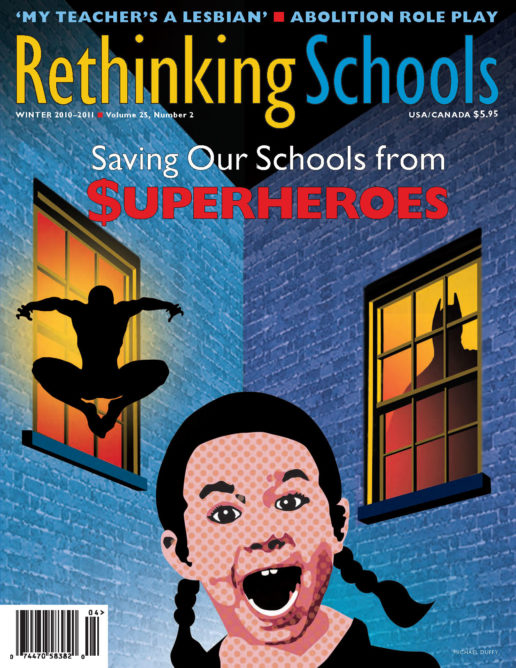Stereotypes
Whistling Vivaldi: And Other
Clues to How Stereotypes Affect Us
By Claude M. Steele
(W. W. Norton & Co., 2010)
Islam: A Very Short Introduction
By Malise Ruthven
(Oxford University Press, 2000)
Claude M. Steele’s work has centered on how people of color and women respond to attempts to throw them off center because of their ethnicity or gender. One of his insights concerns how people internalize societal stereotypes of groups they belong to. Steele argues that this internalization can be paralyzing when it comes to academic performance. It does not necessarily relate to specific instances of racism or rejection, but has to do with the perhaps more dangerous reality of a society in which people live and breathe stereotypes and, one might say, exhale them into the sociosphere.
In Whistling Vivaldi, Steelehas written what is very rare in educational literature—a book that is at the same time personal and scholarly, analytic and prescriptive, a guide for education design and thinking. As Steele says, “Unless you make people feel safe from the risk of . . . identity predicaments . . . you won’t succeed in reducing group achievement gaps or enabling people from different backgrounds to work comfortably and well together.”
I just discovered a series of short paperbacks published by Oxford University Press titled Very Short Introductions: Stimulating Ways into New Subjects. There are dozens of titles, all well written, beautifully designed, and small enough to fit into a jacket pocket or slip into a briefcase. It is in the tradition of the Everyman series,short books designed to make complex ideas available to working people in ordinary language. Amongst the titles are: Animal Rights, Shakespeare, Schizophrenia, Judaism, Post-Colonialism, Art History, Chaos, Tragedy, and Quantum Theory. All are nicely illustrated and a delight to touch and have in your pocket.
One that I just finished is Islam: A Very Short Introduction by Malise Ruthven. I learned more about Islam from this book than from anything else I have read on the subject. It has chapters on the Quran, Sharia, Women and Family, and Jihad, all placed in historical and social context. On finishing the book I came away with a larger, more sophisticated, and complex view of Islam. I also came away wishing that educators who teach Islam would read it and use it as a text. It would work well with high school students who read well, in college, and especially in teacher education programs.
I just ordered six more titles.

